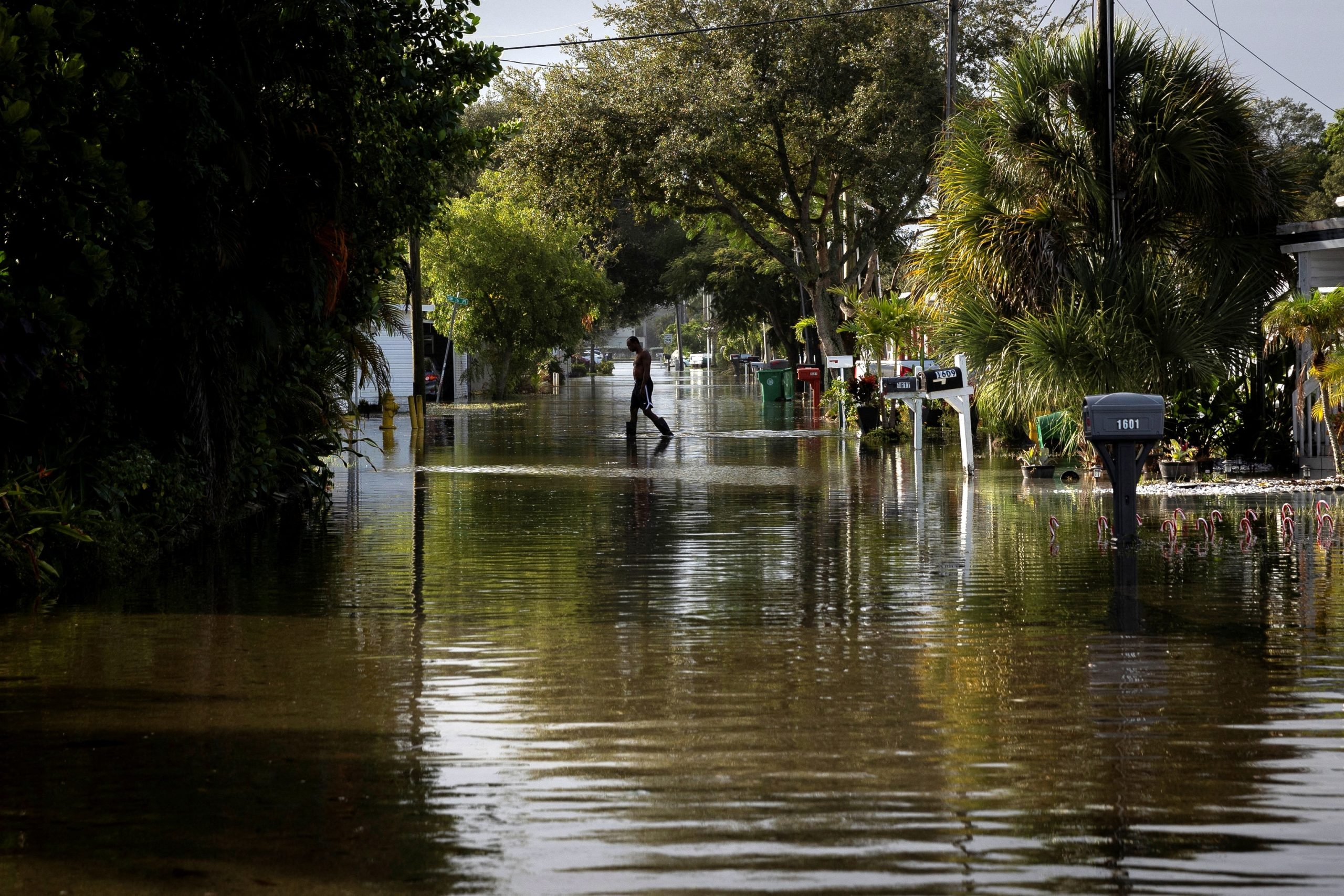School Closures and Power Outages Caused by Flooding in Florida
Florida, known for its beautiful beaches and sunny weather, is no stranger to heavy rainfall and flooding. In recent years, the state has experienced an increase in severe weather events, leading to school closures and power outages. These disruptions have a significant impact on students, families, and the overall community. Understanding the causes and consequences of these closures and outages is crucial for preparedness and effective response.
Flooding in Florida can occur due to various factors, including heavy rainfall, storm surge from hurricanes, and rising sea levels. The state’s flat topography and extensive coastline make it particularly vulnerable to flooding. When excessive rain falls over a short period, the ground becomes saturated, leading to overflowing rivers, lakes, and canals. This excess water can inundate roads, neighborhoods, and even school campuses.
One of the immediate consequences of flooding is the closure of schools. Safety is the primary concern when making the decision to close schools during severe weather events. Flooded roads pose a significant risk to students, teachers, and staff who may need to travel to and from school. Additionally, flooded buildings can compromise structural integrity and electrical systems, making them unsafe for occupancy.
Power outages are another common occurrence during flooding events. Heavy rain and strong winds can damage power lines, transformers, and other electrical infrastructure. When these systems fail, schools and surrounding areas are left without electricity. Power outages not only disrupt daily activities but also impact critical services such as communication, transportation, and emergency response.
The consequences of school closures and power outages caused by flooding are far-reaching. First and foremost, students’ education is disrupted. Missed school days can lead to a loss of instructional time and hinder academic progress. Teachers must adapt their lesson plans to accommodate these disruptions, potentially impacting the overall quality of education.
Furthermore, school closures can create challenges for working parents who rely on schools for childcare. When schools shut down unexpectedly, parents may need to find alternative arrangements or take time off work, causing financial strain and productivity loss. Additionally, school closures can disrupt meal programs, leaving vulnerable students without access to nutritious meals.
Power outages also have significant implications for the community. Without electricity, businesses, hospitals, and other essential services may be forced to close or operate at reduced capacity. The lack of power can hinder communication and delay emergency response efforts. Moreover, power outages can lead to food spoilage and impact the availability of clean water, further exacerbating the effects of flooding.
To mitigate the impact of school closures and power outages caused by flooding, proactive measures are necessary. Investing in resilient infrastructure, such as elevated buildings and flood barriers, can help protect schools and critical facilities from flood damage. Implementing early warning systems and evacuation plans can ensure the safety of students and staff during severe weather events. Additionally, developing alternative power sources, such as solar panels or backup generators, can help maintain essential services during power outages.
In conclusion, school closures and power outages caused by flooding in Florida have significant consequences for students, families, and the community. Understanding the causes and effects of these disruptions is crucial for preparedness and effective response. By investing in resilient infrastructure and implementing proactive measures, we can minimize the impact of flooding and ensure the safety and well-being of all Floridians.



